Licenses & Providers
At McCoy Universe Inc., we believe in transparency around the technologies that power our curriculum engine. The field of AI is evolving rapidly, and no single model is perfect for every task. To deliver the most accurate, efficient, and scalable educational experiences, we draw from a wide base of models and providers—ranging from open-source research models to enterprise-grade APIs. This section outlines the key systems we may use, along with their licenses and data-use policies, so partners and learners know exactly what’s under the hood.
Proprietary API Models
OpenAI (GPT-4.1, GPT-4o, o-series)
License / Access: Proprietary, API-based.
Tokens: Usage billed by tokens (input, output, cached). Roughly 1 token ≈ 4 characters of English. OpenAI provides tiktoken for precise counts.
Data Use: For API/business customers, OpenAI does not train on customer data by default. Users own their inputs/outputs (where allowed by law).
Anthropic (Claude 3.x / 3.5 / 3.7)
License / Access: Proprietary, API-based.
Data Use: Consumer chats may be used for training (with opt-out). API/business/government customers are excluded from training by default.
Google Gemini (via Vertex AI / AI Studio)
License / Access: Proprietary, API and enterprise cloud service.
Data Use: Google Cloud does not use customer data to train models without permission. Enterprise customers can enforce zero-data-retention.
Notes: Strong option for enterprises already standardized on Google Cloud.
Microsoft Azure OpenAI
License / Access: Proprietary, API delivered through Azure.
Data Use: Governed by Microsoft privacy and compliance standards; customer data is not used to retrain models.
Notes: Often required when enterprises mandate Azure or U.S. data residency.
AWS Bedrock
License / Access: Proprietary, enterprise platform hosting multiple models (Anthropic, Meta, Mistral, etc.).
Data Use: Encryption at rest/in transit; HIPAA eligible; FedRAMP High available in GovCloud.
Notes: Designed for regulated industries needing strong compliance posture.
Open-Weight & Source-Available Models
Meta LLaMA (3 / 3.1 / 3.2 / 4)
License: Source-available Community License (not OSI open source). Requires attribution “Built with Llama.” Use over 700M monthly active users requires separate commercial license.
Notes: Latest versions include multimodal and mobile-optimized variants.
Mistral (Mistral-7B, Mixtral 8x7B, Mixtral 8x22B)
License: Apache 2.0 (permissive).
Notes: Popular open models for cost-effective self-hosting and retrieval-augmented generation.
Alibaba Qwen (Qwen2.5, Qwen3 families)
License: Mostly Apache 2.0 for open-weight models.
Notes: Includes multilingual and multimodal variants; some larger models are API-only.
DeepSeek (V3, R1 Reasoning)
License: MIT for R1 open-weight models.
Notes: Competitive performance with extremely low-cost API access, making it attractive for large-scale generation.
Falcon (7B, 40B)
License: Apache 2.0 (permissive).
Notes: Long-standing open-weight models from TII.
Mosaic MPT (7B, 30B)
License: Apache 2.0, CC BY-SA 3.0.
Notes: GPT-style models tuned for instruction and chatbot use cases.
OpenLLaMA (Berkeley AI Research)
License: Apache 2.0.
Notes: Open reproduction of the original Meta LLaMA; widely used in research and customization.
Domain-Specific Models
Med-PaLM / MedLM (Google Research)
License: Restricted / custom; available through Google Cloud.
Notes: Trained on medical datasets; provides high-quality answers to clinical and biomedical queries. Ideal when medical accuracy is required.
